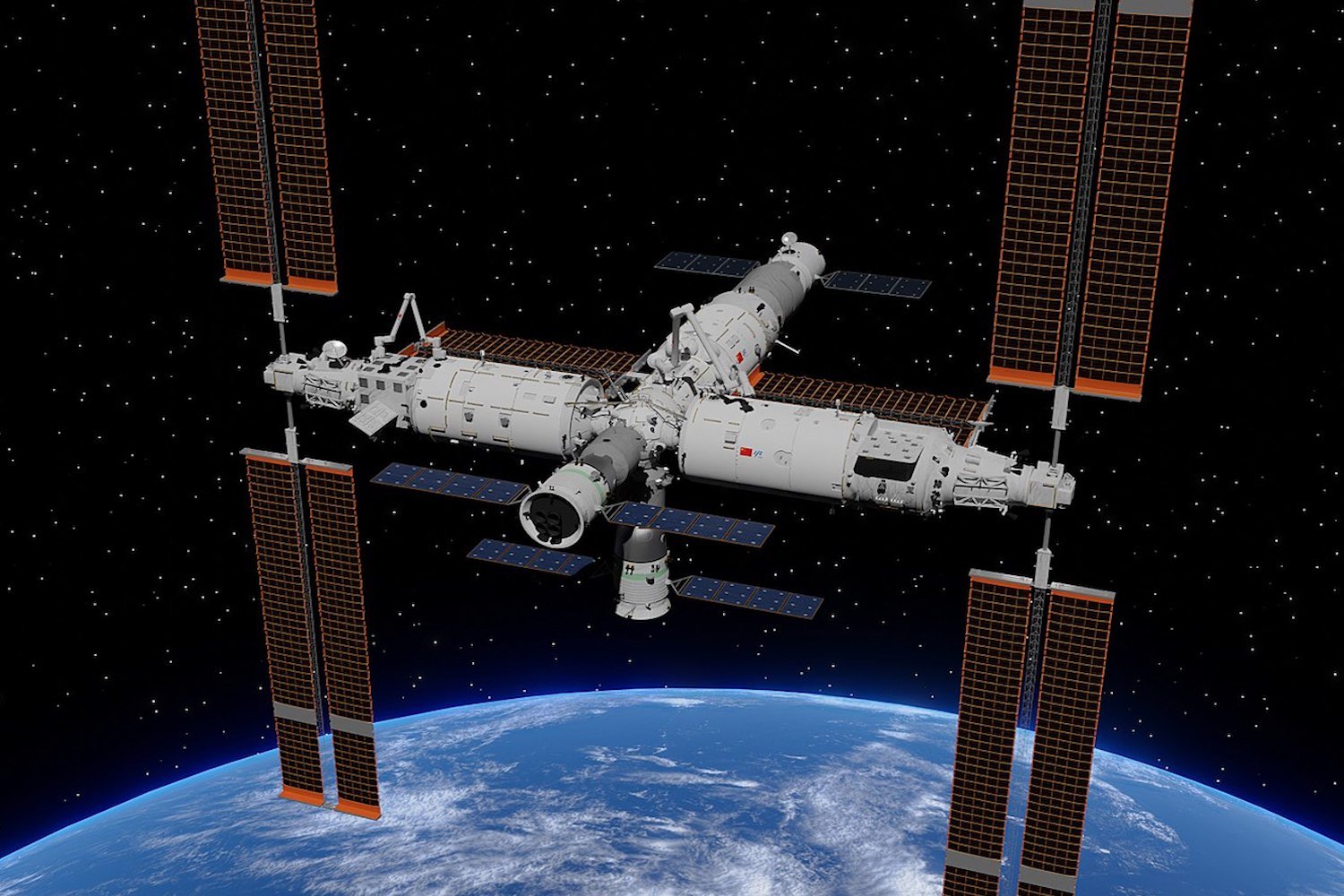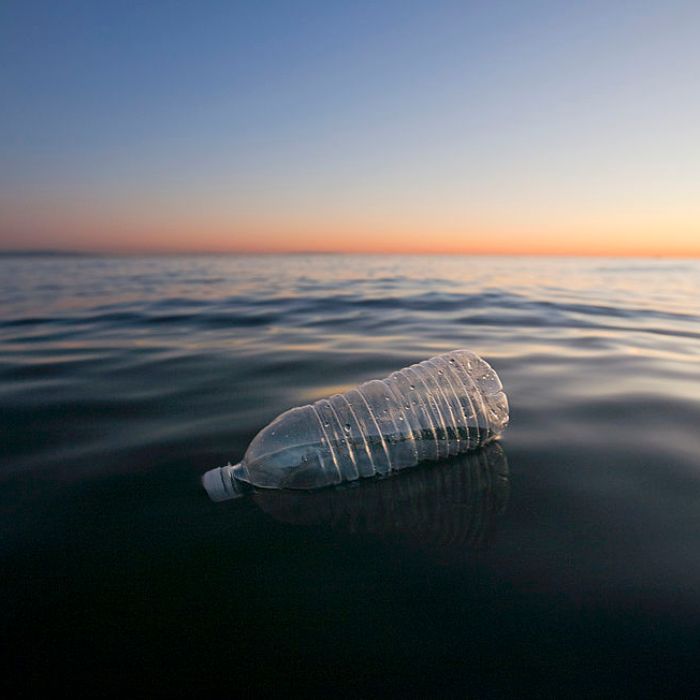
The microbes could potentially pose a threat to the health of astronauts on board Tiangong.

In 'extreme environmental conditions' scientists have discovered 968 species featuring a hugely diverse range of microbes. Excitingly, 82 % of the genomes were novel species.

Acetobacterium woodii is a new bacteria that is able to live in both hydrogen rich and hydrogen absent environments. This allow it to live in a variety of extreme environments, like the ocean floor or maybe another planet.

US researchers have found a new species of soil bacteria that is particularly adept at breaking down organic matter, including cancer-causing chemicals that are released when coal, gas, oil and refuse are burnt.

Researchers traveled to Yellowstone National Park to find heat-loving bacteria that "breathe" electricity through the solid carbon surface of the electrodes.

Researchers analyzing soil from Ireland have discovered that it contains a previously unknown strain of bacteria which is effective against four of the top six superbugs that are resistant to antibiotics.

A great deal of mystery DNA has been found in the human gut.

Behold syn3.0, a synthetic bacterial genome that's smaller than anything found in nature. Biologists hope it will further our understanding of the fundamentals of life and inspire the creation of new synthetic life.

Japanese scientists have discovered a bacterium that produces a never-before-seen enzyme that can fully break down PET plastics.